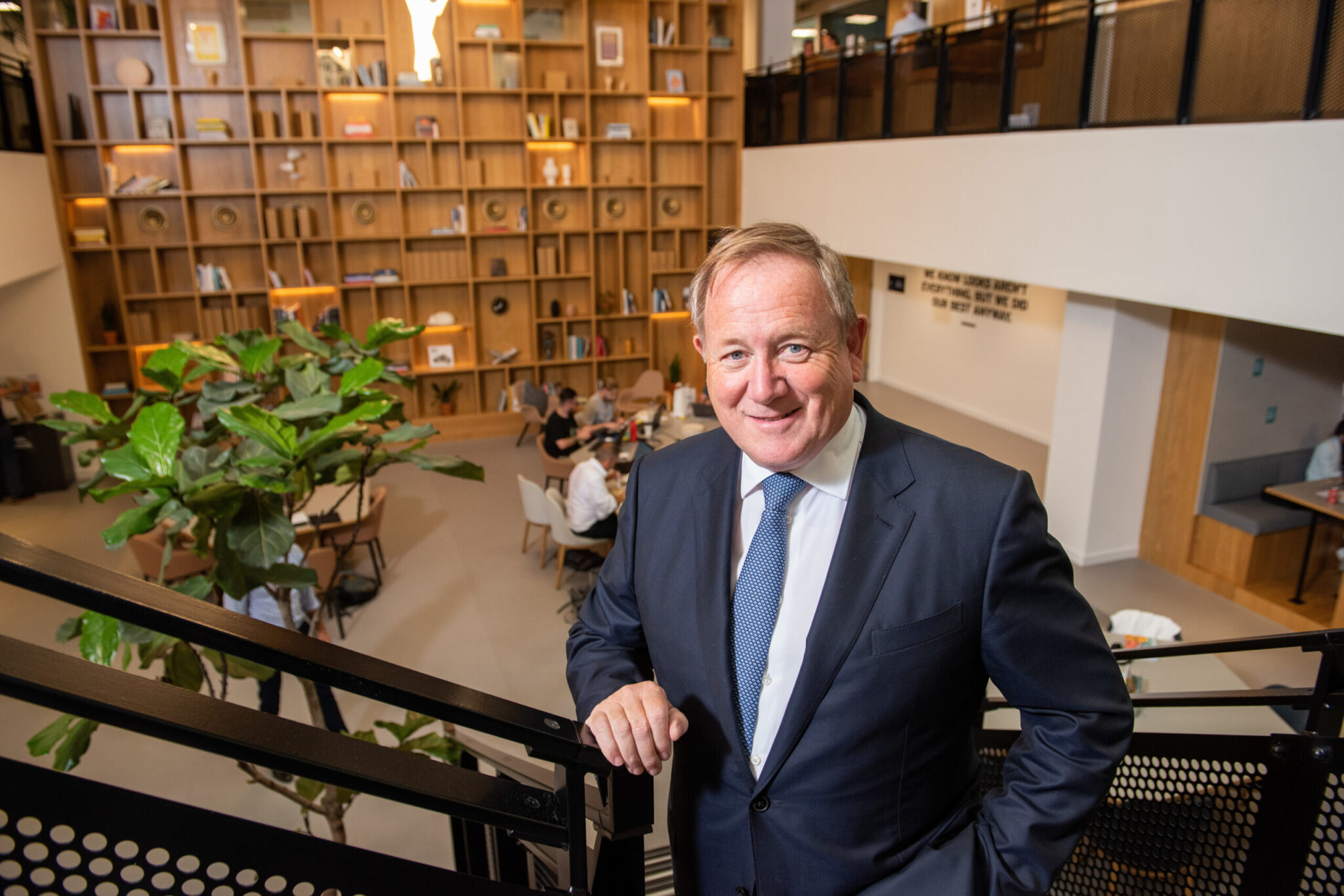Rethinking resilience: Hybrid work becomes a cornerstone for organisations globally
- Josephine Tan

“When people are free to work in ways that are most convenient for them, they are more engaged, more likely to stay, and better equipped to deliver strong performance.” – Mark Dixon, Founder and CEO of the International Workplace Group (IWG)
As macroeconomic uncertainty continues to challenge business leaders worldwide, a growing number of organisations are embracing hybrid work not just as a pandemic-era solution but as a long-term strategy for resilience, growth, and talent retention.
A recent global survey by the International Workplace Group (IWG) revealed that 90% of CEOs and CFOs are concerned about macroeconomic instability. In response, 86% are actively taking steps to protect their businesses financially, with hybrid working emerging as a key enabler.
“In times of economic volatility, CEOs are carefully evaluating how to navigate uncertainty while driving efficiency and growth for their business,” said Mark Dixon, Founder and CEO of IWG. “They recognise that flexibility is not only crucial when it comes to safeguarding their operations but also enhancing the productivity of their teams.”
While cost reduction is a significant driver, with 83% of CEOs and CFOs citing hybrid working as instrumental in their cost-saving efforts, its benefits extend far beyond that. Dixon emphasised, “By empowering their teams to work closer to home in local workspaces and offices, organisations operating in the hybrid model are able to significantly reduce their costs and improve the work-life balance of their people.” This includes a reported 77% reduction in overheads such as office space and utilities, freeing up capital for growth initiatives or as a buffer against market fluctuations.
However, the strategic value of hybrid work truly shines in its contribution to long-term business resilience. Organisations are embracing capital-light models, moving away from rigid long-term leases towards flexible arrangements that allow them to scale operations up or down as needed. This agility is critical for navigating unpredictable market conditions.
Furthermore, hybrid working unlocks new avenues for growth and expansion. By leveraging IWG’s global network of 4,000 locations across 120 countries, organisations can enter new markets with speed and lower risk, staying closer to both customers and talent. This strategic decentralisation enables greater responsiveness to shifting demand.
The survey also highlighted a measurable boost in productivity, with 83% of business leaders reporting this benefit. Dixon explained, “When people are free to work in ways that are most convenient for them, they are more engaged, more likely to stay, and better equipped to deliver strong performance.” This increased autonomy and control over their work environment translates into a more engaged and productive workforce, a crucial element for sustained growth.
Hybrid work and talent in Singapore’s SME ecosystem
In Singapore, small and medium-sized enterprises (SMEs) are among the fastest adopters of hybrid working, with 70% of employers already assessing flexible work arrangement (FWA) requests. This reflects a recognition of the role of flexibility in building resilient, productive work environments.
Beyond cost, hybrid work is a powerful tool for attracting and retaining talent in Singapore’s tight labour market. With 79% of local organisations reporting difficulties in filling roles, embracing flexibility provides a competitive edge. The IWG survey revealed that CEOs cite improved employee productivity (37%), better employee wellbeing (23%), and stronger long-term retention (15%) as tangible benefits. Another IWG survey of HR professionals found that 95% believe hybrid models are effective for recruitment, with 80% reporting an improvement in employee satisfaction.
READ MORE: Hybrid work: A multi-billion dollar productivity catalyst for businesses
Dixon continued, “But to fully realise these benefits, hybrid work needs to be thoughtfully implemented. Physical space is only one part of the equation; equally important are the policies and practices that support flexible work.”
“Guidance from the national level also plays an important role. In Singapore, the introduction of the Tripartite Guidelines on Flexible Work Arrangement Requests provides a formal structure for employees to request flexible work arrangements and for employers to respond fairly and consistently. Beyond policy, organisations such as the Tripartite Alliance for Fair and Progressive Employment Practices (TAFEP) and the National Trades Union Congress (NTUC) offer resources and advisory support to help organisations adopt flexible work practices that are aligned with both organisational goals and employee needs.”
The future of work: A human-centric evolution
Looking ahead, Dixon identified two pivotal trends that will shape the next phases of hybrid work: the increasing presence of Gen Z in the workforce and a heightened focus on employee happiness and wellbeing.
Gen Z, poised to account for over a quarter of the global workforce in 2025, views flexibility as a fundamental expectation, not a mere perk. “Our research found that 88% of Gen Z employees prefer hybrid working over daily commuting, and 75% believe that having control over how and where they work is essential to achieving work-life balance,” Dixon shared. “Organisations that do not meet the expectations of this ‘Generation Hybrid’—who value flexibility, diversity, and authenticity—risk losing out on the next wave of top talent.”
Simultaneously, employee happiness and wellbeing are becoming strategic business imperatives. “Our recent study of HR leaders showed a near-universal consensus that hybrid work contributes to happier, more loyal employees,” he pointed out. Hybrid models reduce commute fatigue, allowing for more time for rest, self-care, and family, which in turn leads to lower stress, improved mental health, and a better work-life balance. This, in turn, fosters higher job satisfaction, stronger retention, and deeper engagement, ultimately driving improved business outcomes.
In this evolving landscape, HR leaders are stepping into a more strategic and influential role. Their mandate extends beyond policy implementation to actively shaping how hybrid work arrangements are integrated across the organisation. This involves aligning business objectives with the needs of a flexible and distributed workforce, developing frameworks that support both performance and wellbeing, and ensuring consistency and fairness across diverse teams.
HR will also collaborate closely with IT, legal, and management teams to adapt workplace systems, processes, and culture. “Ultimately, HR leaders will be instrumental in laying the foundation for a more flexible and sustainable way of working – one that meets evolving workforce expectations while supporting the long-term success of the organisation,” Dixon concluded.






